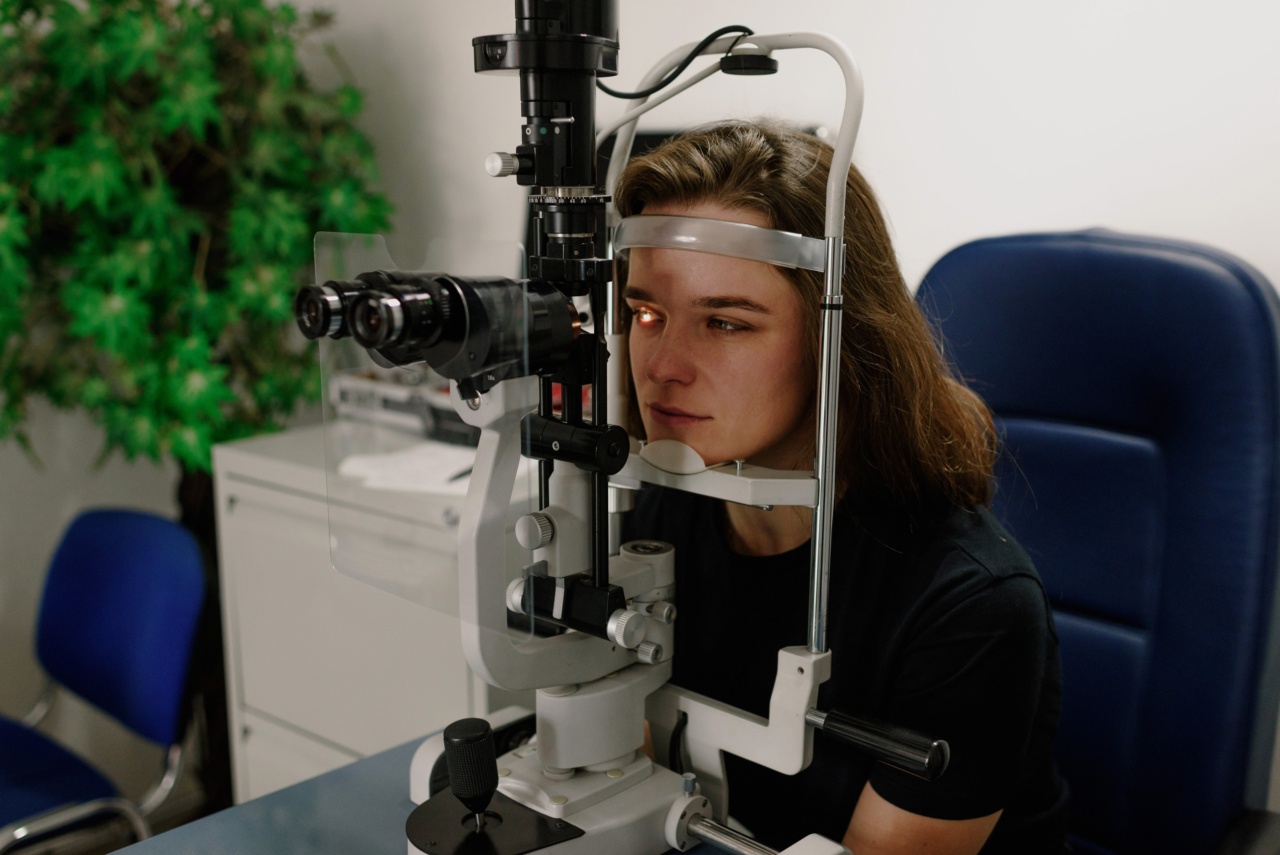Parkinson’s disease is a neurodegenerative disorder that primarily affects the motor system. It is characterized by tremors, muscle stiffness, slowed movements, and impaired balance and coordination.
While Parkinson’s disease is commonly associated with damage to the brain’s dopamine-producing cells, recent research has shed light on the role of the intestine in the development and progression of the disease.
Gut-Brain Axis and Parkinson’s Disease
The gut-brain axis refers to the bidirectional communication pathway between the gastrointestinal system and the central nervous system.
Emerging evidence suggests that alterations in the gut microbiota and intestinal barrier dysfunction may contribute to the pathogenesis of Parkinson’s disease.
Microbiota Dysbiosis in Parkinson’s Disease
Studies have shown that individuals with Parkinson’s disease often exhibit alterations in the composition of their gut microbiota.
Compared to healthy individuals, Parkinson’s disease patients tend to have reduced microbial diversity and an overgrowth of certain bacterial species. These changes in the gut microbiota have been associated with increased inflammation, oxidative stress, and neuronal damage.
Intestinal Barrier Dysfunction
The intestinal barrier acts as a gatekeeper, regulating the passage of substances between the gut and the bloodstream.
In Parkinson’s disease, the integrity of the intestinal barrier can be compromised, leading to the leakage of toxins, bacteria, and inflammatory molecules into the systemic circulation. This phenomenon, known as “leaky gut,” can trigger an immune response and contribute to neuroinflammation and neurodegeneration.
The Role of Alpha-Synuclein
Alpha-synuclein is a protein that plays a central role in the pathogenesis of Parkinson’s disease. In healthy individuals, alpha-synuclein is primarily found in the brain.
However, in Parkinson’s disease, abnormal aggregates of alpha-synuclein, called Lewy bodies, can also accumulate in the enteric nervous system of the gut. These gut Lewy bodies are believed to contribute to the dysfunction of the enteric nervous system and the gastrointestinal symptoms commonly observed in Parkinson’s disease patients.
Diagnostic Tools for Intestinal Dysfunction in Parkinson’s Disease
Given the emerging understanding of the involvement of the intestine in Parkinson’s disease, researchers and clinicians have been exploring diagnostic tools to assess intestinal dysfunction in patients.
One such tool is the use of advanced imaging techniques, such as transintestinal ultrasonography, which allows visualization of the gut wall and assessment of its integrity. Additionally, biomarkers indicative of intestinal barrier dysfunction, such as zonulin, could be measured in blood samples to provide further insights into the gut involvement in Parkinson’s disease.
Treatment Approaches Targeting the Intestine
Modulating the gut microbiota and improving intestinal barrier function have emerged as potential therapeutic strategies for Parkinson’s disease.
Probiotics, which are live microorganisms with health benefits, have shown promising results in preclinical studies. These beneficial bacteria can help restore a balanced gut microbiota and enhance the integrity of the intestinal barrier.
Another approach involves the use of drugs that target alpha-synuclein accumulation in the gut, with the aim of reducing its spread to the brain.
Future Directions and Research Implications
The growing body of evidence linking the intestine to Parkinson’s disease opens up new avenues for research and therapeutic interventions.
Understanding the role of the gut-brain axis in the development and progression of the disease could pave the way for novel diagnostic tools and targeted treatments. Additionally, unraveling the mechanisms underlying the interaction between the gut and the brain could provide insights into other neurodegenerative disorders beyond Parkinson’s disease.
Conclusion
While Parkinson’s disease is traditionally considered a brain disorder, recent scientific advances have highlighted the important role of the intestine in its pathogenesis and progression.
The gut microbiota, intestinal barrier dysfunction, and the accumulation of alpha-synuclein in the gut all contribute to the complex interplay between the gut and the brain in Parkinson’s disease. By focusing on the intestine, researchers and clinicians are uncovering new opportunities for the diagnosis and treatment of this debilitating neurodegenerative disorder.




























